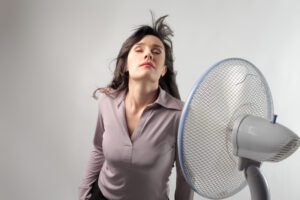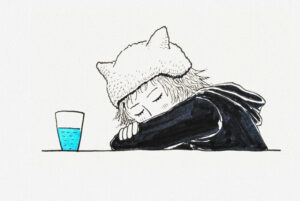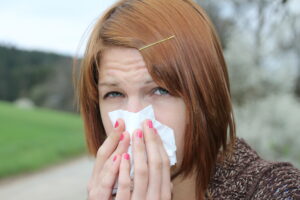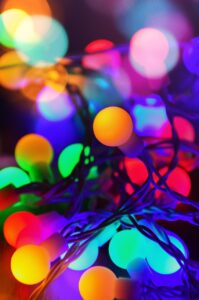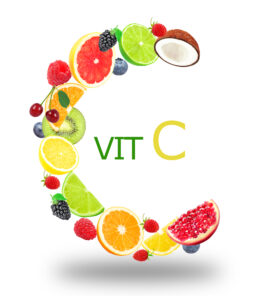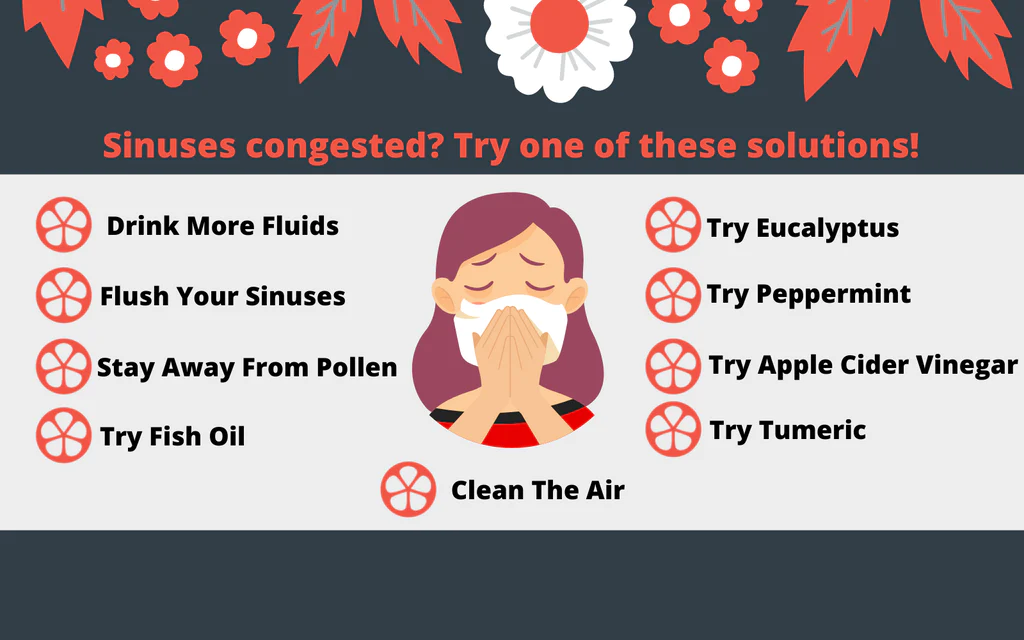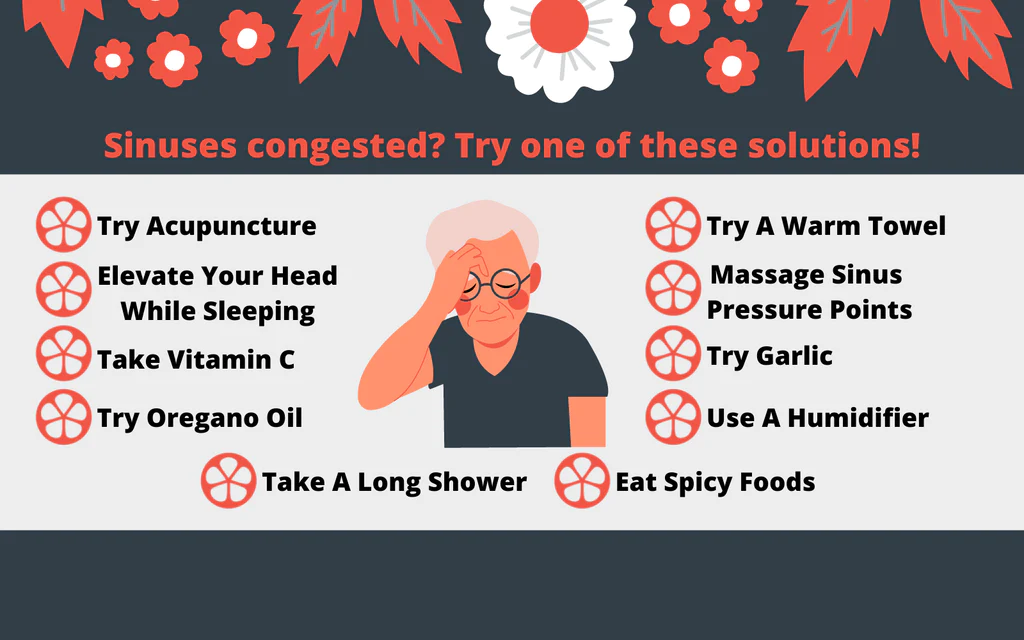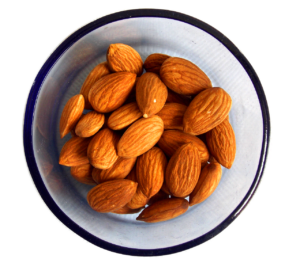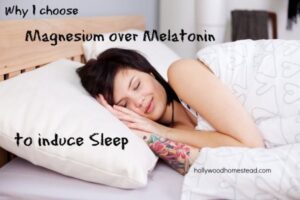 If snoring is keeping you or your partner awake at night, there may be some good news for you.
If snoring is keeping you or your partner awake at night, there may be some good news for you.
Studies have found several natural snoring remedies and lifestyle improvements that can significantly reduce snoring and lead to a more restful night’s sleep.
Here’s a look at some proven methods, supported by science, to help reduce or eliminate snoring.
Minerals & Vitamins for Snoring Relief
Certain nutrients can help open airways and improve breathing during sleep. Magnesium, for instance, has muscle-relaxing properties that may prevent the airway muscles from constricting during sleep (Smith, 2012). A study in the “Journal of Research in Medical Sciences” showed that magnesium supplements improved sleep quality and reduced nighttime disturbances (Abbasi, 2012).
Zinc is another key mineral that is linked to stronger immune health and reduced inflammation. It is a mineral famous for remedying sinus congestion or allergies, which in turn, which can lessen snoring (from the journal “Nutrients” 2019). Increasing magnesium and zinc intake through diet or supplements can be a natural step toward quieter nights.
Optimize Your Sleeping Position
A person’s sleep position can play a big role in reducing snoring. The “side-sleeping position” is often recommended for reducing snoring because it prevents the tongue from collapsing into the back of the throat, which can obstruct airways. Research published in the “Sleep & Breathing Journal” found that participants who slept on their side experienced significantly less snoring compared to those who slept on their backs (Cartwright, 2011). Try using a full-length body pillow to help maintain the side-sleeping position throughout the night.
Exercise and Weight Loss for Snoring Reduction
Regular physical activity and weight management can greatly reduce snoring. Excess weight, especially around the neck, can narrow the airways and increase the likelihood of snoring. Studies in the American Journal of Respiratory and Critical Care Medicine confirm that weight loss helps reduce airway obstructions and improves breathing during sleep (Peppard, 2000). Even mild or moderate exercise can strengthen the muscles around the airway and reduce the likelihood of snoring.
Stress Reduction and Snoring
Stress is another factor that can contribute to snoring. High stress levels can lead to tense muscles and shallow breathing, which can worsen a snoring problem. Snoring remedies and techniques such as nasal breathing and singing are helpful. Blowing up a balloon and other deep breathing exercises can strengthen the airways. Taking walks and doing gentle stretching can calm the nervous system, reduce tension, and promote a deeper, more restful sleep (“Journal of Alternative and Complementary Medicine”, 2014).
By combining these natural snoring remedies and approaches, its sure to have a positive effect on snoring. Improve sleep positions, manage your stress levels, incorporate key minerals, maintain a healthy weight, and take some walks. You will certainly see some improvement and success.
This natural health news is shared by Nutrition Breakthroughs, maker of Sleep Minerals II This is the original mineral-based sleep aid with calcium, magnesium, zinc and vitamin D. The company also makes Joints and More, a natural supplement for joint support, less aches and soreness, stronger hair and nails, and more energy.
Richard P. of Parkville, Maryland says: “The Sleep Minerals are making quite a difference. I was regularly waking up at around 3:00 a.m. and after a few days use my sleep improved quite a lot. I wake up once a night to go to the bathroom, but the great thing is, I then fall back asleep and sleep several more hours. This has been a great improvement.”

